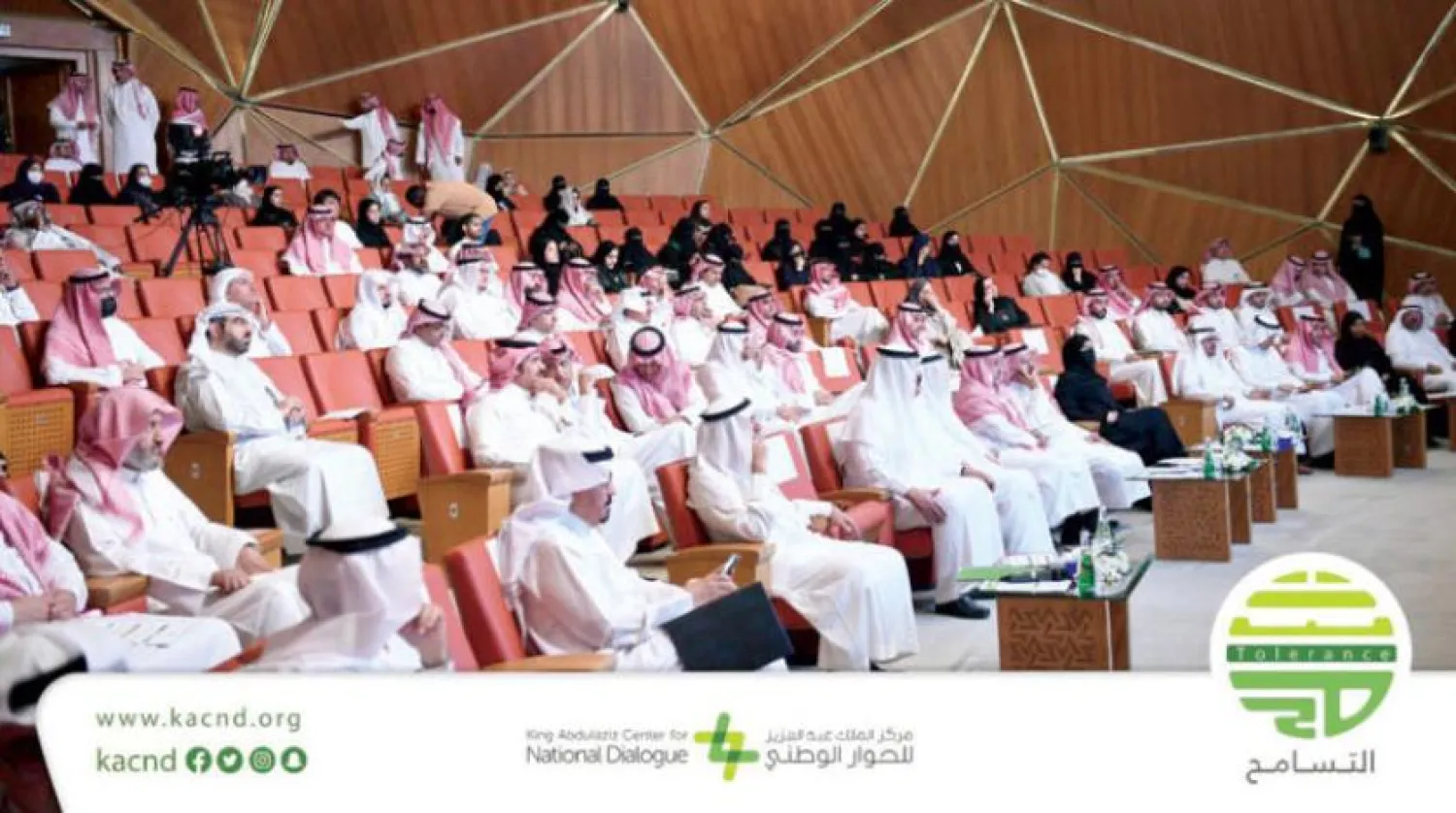On the occasion of International Day for Tolerance, the King Abdulaziz Center for National Dialogue on Wednesday hosted the Tolerance Convention 2022 in Riyadh.
Participants in the forum expressed their reservations about the policy of imposing values on societies without considering cultural differences and distinct identities among peoples. They also demanded the expansion of the concept of tolerance to accommodate the diversity and richness of the world.
Faisal bin Moammer, the General Supervisor of the Salam Project for Civilizational Communication, said that tolerance does not mean urbanization in a specific way. He also noted that tolerance doesn’t represent the values of a certain society.
Saudi Arabia has announced its rejection on more than one occasion of the policy of coercing societies to abide by certain directions in the name of tolerance, noted Moammer.
“When Saudi Arabia attends international conferences, it always focuses on introducing religious values and keeping reservations about what contradicts them, while accepting and understanding international laws,” he explained.
“Tolerance is one of the foundations on which the state is built,” he asserted.
Moammer called for the need to strike a balance in the world’s approaches to the concepts of tolerance, coexistence, and dialogue, while preserving the dignity of peoples and their specific moral and value obligations.
Abdulaziz al-Sabil, Chairman of the Board of Directors of the National Dialogue Center, said that tolerance is a religious and human virtue.
Observing events around the world reveals the extent of suffering from intolerance, extremism, violence, wars, and conflicts, al-Sabil noted.
He urged politicians, leaders, organizations, bodies, and peoples alike to take responsibility and join efforts to transform the virtue of tolerance into a reality that societies live and celebrate.
Abdulaziz al-Khayal, Vice President of the Saudi Human Rights Commission, noted that the digital world has become a large space in the life of society.
Thanks to the digital world, societies have become more open to each other, and this has imposed a new pattern of communication between the people of the world, he explained.









